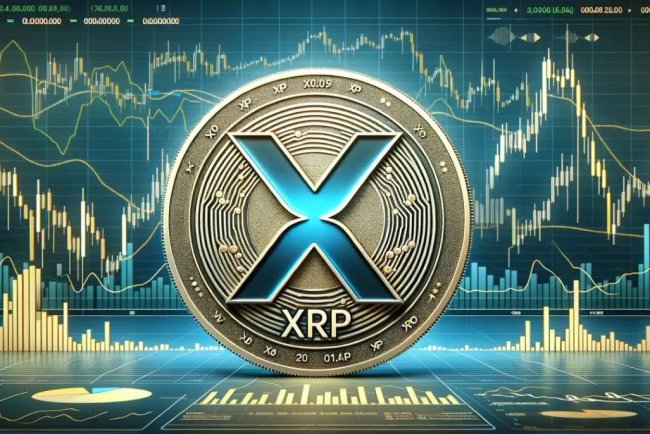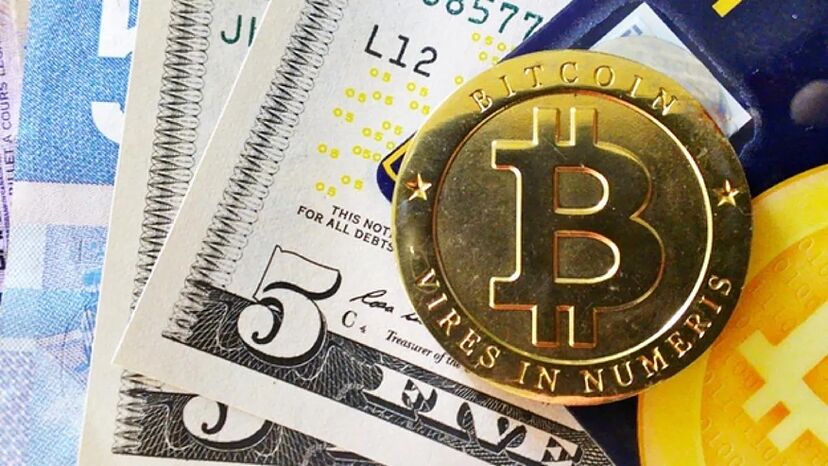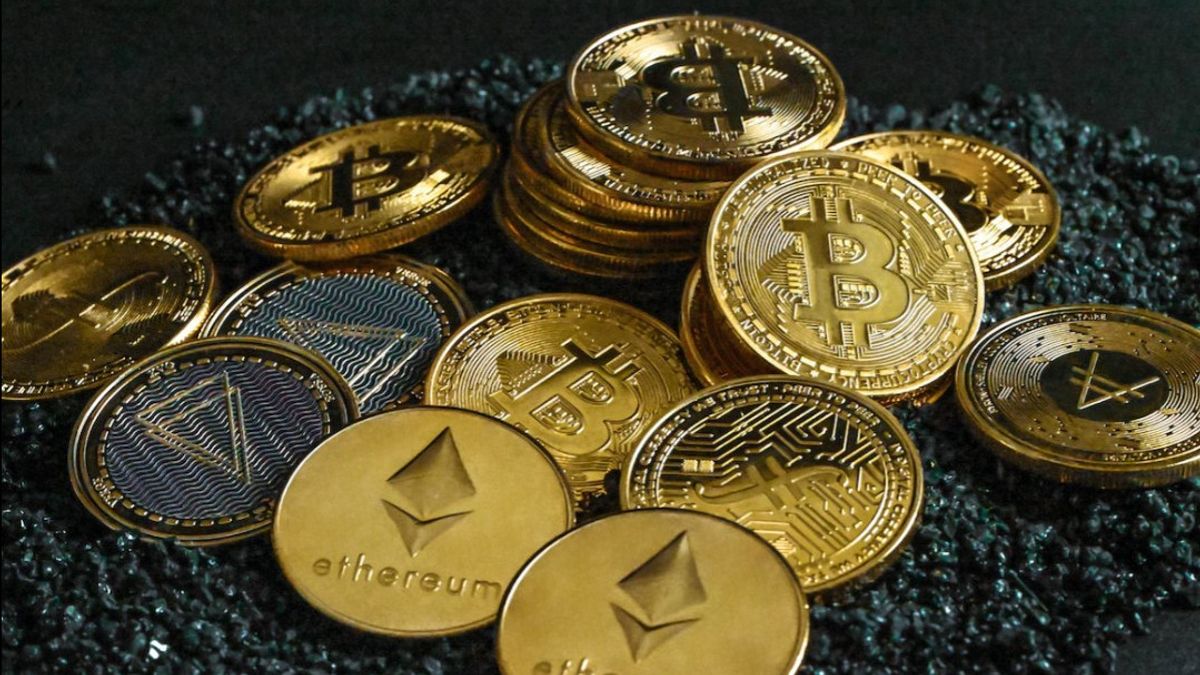5 Cryptocurrencies to Avoid Amid SEC Crackdown on VC Funding
In light of the SEC's intensified scrutiny of the cryptocurrency sector, particularly targeting venture capitalists (VCs), investors are advised to exercise caution with certain cryptocurrencies that have received substantial VC funding. A recent analysis identified five projects—Polygon (MATIC), Near Protocol (NEAR), Solana (SOL), Sui Network (SUI), and Avalanche (AVAX)—which rank among the top 30 by market capitalization. These cryptocurrencies face increased selling pressure due to significant token unlocks associated with VC investments. As VCs may be incentivized to liquidate their holdings amid regulatory uncertainty, potential risks for retail investors are heightened.

Cryptocurrencies have increasingly become a playground for institutional investors, particularly venture capitalists (VCs), who are often seen as having a predatory influence on the market. With the Securities and Exchange Commission (SEC) intensifying its scrutiny of the cryptocurrency sector, projects backed by significant VC funding could pose heightened risks for investors.
Recent reports from DL News have revealed that the SEC is focusing on three specific crypto venture capitalists, although the identities of these targets remain undisclosed. This uncertainty has raised alarms across the cryptocurrency market.
In light of these developments, Finbold analyzed data from CryptoRank to pinpoint cryptocurrencies that have received substantial VC funding and boast high market capitalization. Investors are advised to exercise caution with these projects in the short term until more clarity emerges.
Understanding VC Influence in Crypto
Venture capitalists typically invest in crypto startups during their early stages in exchange for vested tokens. These tokens are released in scheduled amounts, allowing VCs to sell them on the open market, often at the expense of retail investors.
Cryptocurrencies with Significant VC Funding
Eight cryptocurrencies have been identified as having raised considerable amounts in single funding rounds, reaching up to $1 billion. Among these, five notable projects currently rank within the top 30 by market capitalization:
- Polygon (MATIC)
- Near Protocol (NEAR)
- Solana (SOL)
- Sui Network (SUI)
- Avalanche (AVAX)
These cryptocurrencies have experienced substantial unlocks of vested tokens over the years, which has created significant selling pressure on retail investors. With the SEC's crackdown, VCs may be further incentivized to liquidate their holdings.
Unlock Patterns and Market Dynamics
Solana and Sui are particularly notable for having the highest monthly unlocks for private investors. Meanwhile, Avalanche, Near, and Polygon have ongoing linear unlocks, which exert a lower impact on their market cap. Both SOL and SUI also feature daily linear unlocks through staking, contributing to higher supply inflation in the market.
Potential for Demand to Offset Supply Pressures
Despite the increased selling pressure, it's possible that strong demand could mitigate the impact on the prices of these cryptocurrencies. For instance, Solana has emerged as one of the best performers in recent cycles, and some experts believe Sui could follow suit.
In contrast, MultiversX (EGLD) has been highlighted as a potential standout, despite having significantly less private funding than its competitors.
Investors and traders should remain aware of the risks and market dynamics inherent in this VC-dominated landscape.
Disclaimer: This content is not intended as investment advice. Investing carries risks, and capital is at risk.
FAQ: Cryptocurrencies to Avoid Amid SEC Crackdown on VC Funding
1. Why is the SEC cracking down on cryptocurrencies?
The SEC is intensifying its scrutiny of the cryptocurrency sector, particularly focusing on venture capitalists (VCs) who invest in crypto projects. This crackdown is aimed at ensuring compliance with securities laws and protecting investors from potential risks.
2. What impact do venture capitalists have on the cryptocurrency market?
Venture capitalists often invest in early-stage crypto startups in exchange for vested tokens. When these tokens are released, VCs may sell them on the open market, potentially causing price declines that negatively affect retail investors.
3. Which cryptocurrencies are highlighted as risky due to high VC funding?
The following five cryptocurrencies, which rank within the top 30 by market capitalization and have received substantial VC funding, are advised to be approached with caution:
- Polygon (MATIC)
- Near Protocol (NEAR)
- Solana (SOL)
- Sui Network (SUI)
- Avalanche (AVAX)
4. What are the risks associated with these cryptocurrencies?
These cryptocurrencies have experienced significant unlocks of vested tokens, creating selling pressure on the market. With the SEC's crackdown, VCs may be more inclined to liquidate their holdings, further impacting prices.
5. How do unlock patterns affect the market?
Unlock patterns refer to the scheduled release of tokens held by VCs. Cryptocurrencies like Solana and Sui have high monthly unlocks for private investors, which can lead to increased supply and potential price declines. In contrast, Avalanche, Near, and Polygon have ongoing linear unlocks, which exert a lower impact on their market capitalization.
6. Can strong demand offset the selling pressure from token unlocks?
Yes, strong demand for these cryptocurrencies could help mitigate the impact of increased supply from token unlocks. For example, Solana has been a strong performer in recent market cycles, indicating that demand can play a significant role in price stability.
7. What should investors consider before investing in these cryptocurrencies?
Investors should consider the risks associated with VC funding, the potential for token unlocks to create selling pressure, and the overall market dynamics. It's essential to conduct thorough research and remain informed about the regulatory environment.
8. Is this content intended as investment advice?
No, this content is not intended as investment advice. Investing in cryptocurrencies carries risks, and individuals should carefully assess their investment strategies and consult with financial professionals if needed.
What's Your Reaction?
















